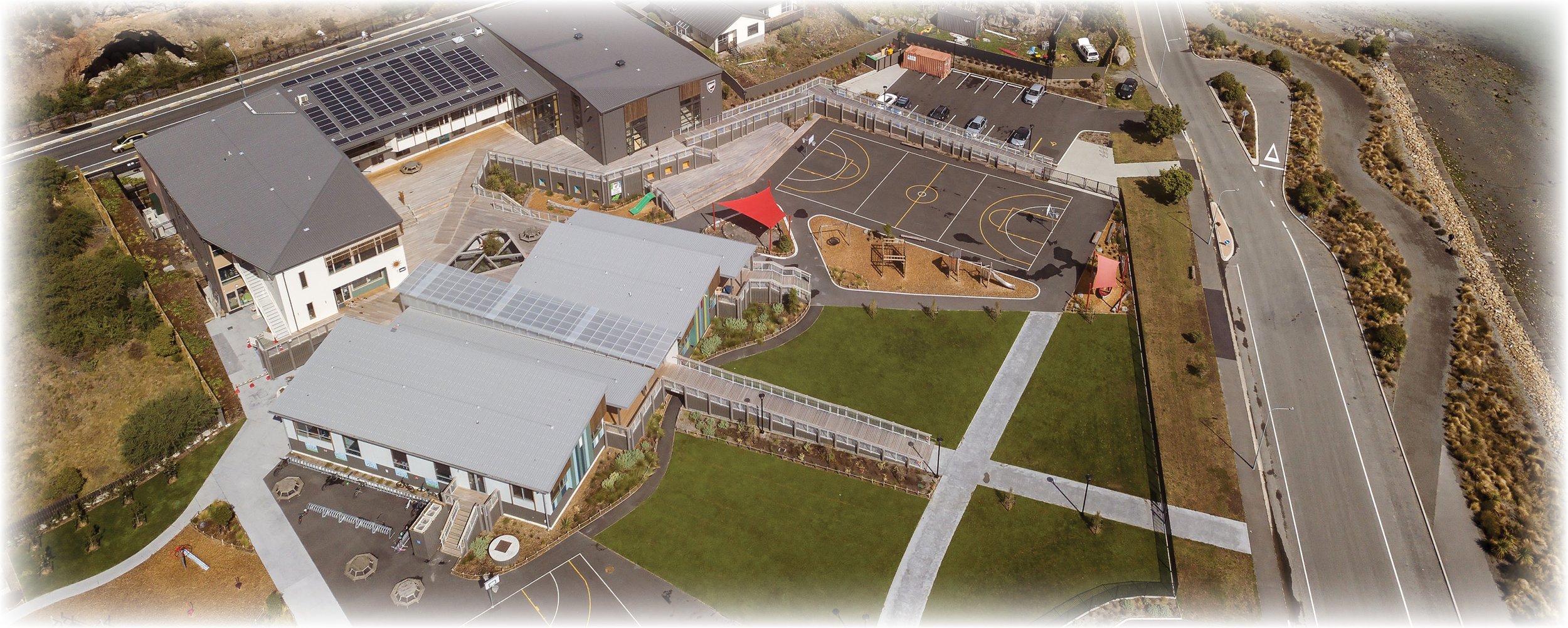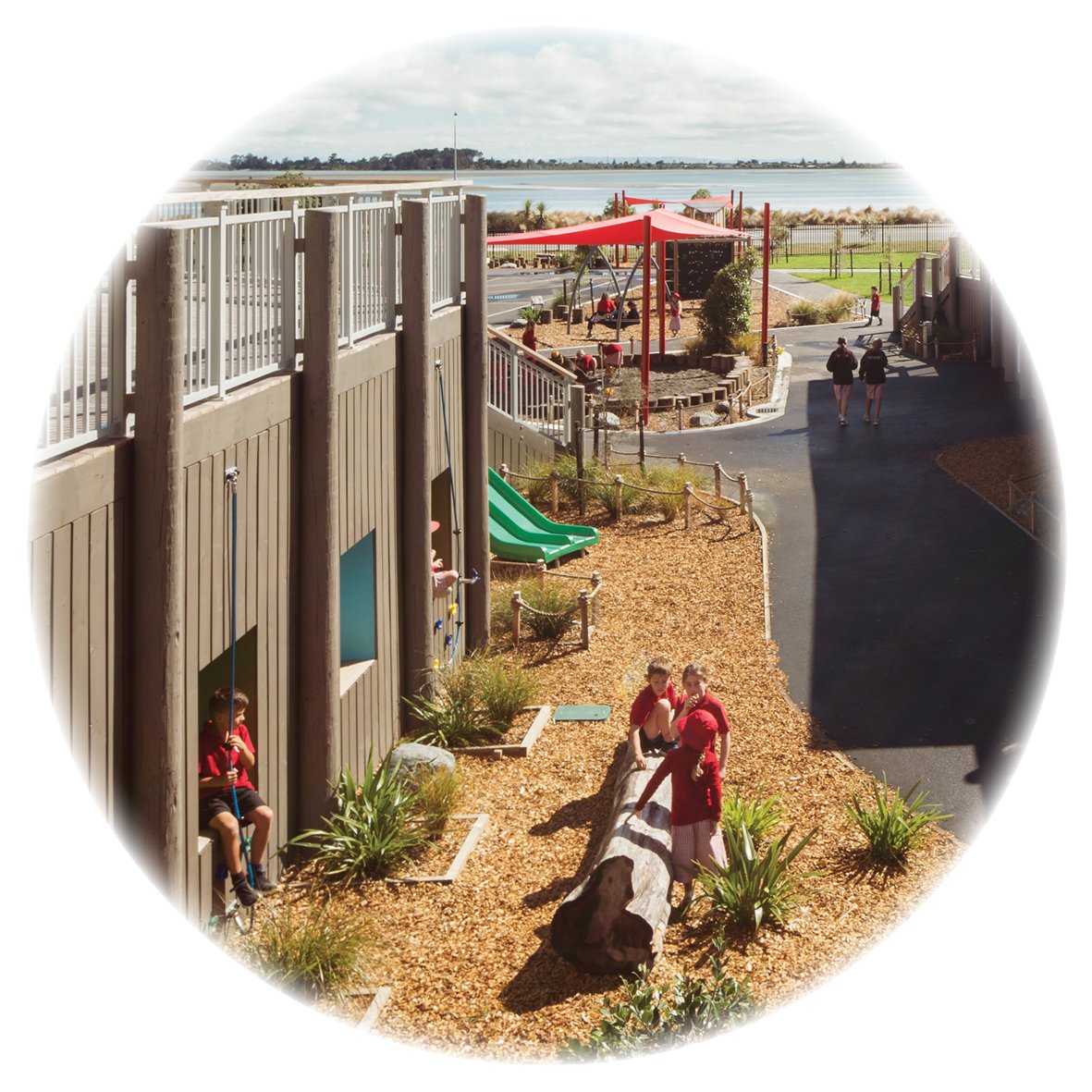
Education, School and Campus Landscapes
Education, School and Campus Landscapes
Campus landscapes are integral to the positive experience and development of students and staff. They can extend the syllabus outdoors, provide space for physical play and create comfortable settings for socialising. We see the campus landscape as being interactive rather than institutional, where everyone can come together like a community.
Through a collaborative journey they can be designed to express the school’s identity, cultural narratives and local indigenous ecosystem. A well-designed campus includes a variety of spaces for learning, recreation, and gathering which are safe and accessible for everyone. The campus can also be a key contributor to sustainability and provide learning opportunities for responding to climate change.
We have considerable experience in the design of educational landscapes including multiple award-winning projects. We collaborate closely with schools, the Ministry of Education and mana whenua to create meaningful, functional and fun campus landscapes. Botanic’s approach is to listen and understand first, as every project is unique.
Our recent work

A net suspended around a totara tree creates a dynamic space for tamariki to relax outside the Te Raekura Redcliffs School library.

At Christchurch Boys’ High School a high quality central quad provides a focal space for the school to gather as a community.

At Te iringa o Kahukura Cashmere High School, broad pathways and generous lawn areas enable easy movement and a flexible space for events.

The landscape design around Rehua at Te Whare Wānanga o Waitaha University of Canterbury knits the building into the surrounding campus.

A range of seating at Christchurch Boys’ High School provides students with options to socialise comfortably in different groups.

The landscape at Te Kura o Te Poho Rakahau Oxford Area School integrates the schools cultural narrative with it's rural vernacular throughout the campus

At Te Raekura Redcliffs School a range of play types are integrated with the buildings, level changes and local context

At Te iringa o Kahukura Cashmere High School, stormwater retention areas are lushly planted with native riparian plants adding biodiversity and habitat.

Ko te Kōrero Kakoro South New Brighton School uses indigenous coastal plantings, 'tidal' paving bands and nautical materials to robustly reflect it's local character
Some of the things we can help you with
When starting the design of an educational, school or campus landscape, here are some things to consider:
Expressing culture and identity within the landscape design through integration of art, storytelling and local materials and plants.
Providing a diverse range of different spaces within a campus including seating areas to cater for different personalities and neurodiversity.
Creating microclimates to increase human comfort by sheltering from prevailing winds and providing shaded areas from the hot sun.
Providing generous open spaces for both planned and spontaneous activities. A natural setting can create a relaxed atmosphere reducing stress and enhancing wellbeing.
Using the campus as a resource for learning opportunities about Māori plant uses, nature and ecology. ‘Hands on’ campus gardens give students the ability to learn practical skills in horticulture and food technology.
Creating wildlife spaces which provide habitat for fungi, birds, lizards and invertebrates enhancing biodiversity on campus.
Using sustainable design approaches including permeable paving, filtering stormwater, repurposing materials and sequestering carbon.







